In the pre-partition days people from India joined merchant ships only as Laskars and Khalasis. Officers were all British and other Europeans. Then a cadet training establishment named “Dufferin” was set up near Bombay. The syllabuses and training manuals were by and large in line with those of H.M.S. Conway and H.M.S. Worcester of UK. The first part of this article relates to those pioneers from our part of the world that was trained in I.M.M.T.S. Dufferin.
Late Commodore Abdur Rashid was chief of staff of Pakistan Navy from 1954 to 1959 and was expected to be the next commander-in-chief of Pakistan Navy but somehow he was deprived of his deserved promotion. Late Q.M.S. Zaman served PRS and then PNSC. He also briefly held the position of chairman and managing director of the Bangladesh Shipping Corporation (BSC). Late film star Mohsin (popularly known as Fatty Mohsin) was a marine pilot in Chittagong port and then a marine superintendent with EPSC. Late Kabir Ahmed served PRS and thereafter as the first managing director of the East Pakistan Shipping Corporation (EPSC). Late Khawja S. Uddin (son of late K. Shahabuddin and brother of late Lt.-Gen. K. Wasiuddin) while serving on a BI ship survived after being torpedoed by Japanese Navy during the WWII. He later wrote a book titled “My faith in God”. Rear-Admiral M.H. Khan was chief of staff of Bangladesh Navy and deputy martial law administrator of Bangladesh. Late Anwar Mustafa (son of late poet Golam Mustafa and father of late Capt. Prodeep Anwar) served Pakistan Air Force and died in a plane crash near Karachi. Capt. Hemayet Chowdhury served on BI ships and later Pak Bay which was subsequently taken over by BIWTC. He later became chairman of BIWTC. Now I came to know that he died abroad a few years back. Late Hemayet Chouwdhury hailed from Sylhet and was one of the early mariners that I met. Late Mr. Anis Ahmed served PRS and then BIWTA as the Principal of Deck Hand Personnel Training Centre (DPTC). I had the privilege to work with him in IWTA. Late Engr. Nurul Huda (elder brother of late Saiful Islam, Naval Architect) served as member, Bangladesh Engineering & Shipbuilding Corporation (BESC). Shaheed Capt. G.A. Kazi served as Nautical Surveyor with MMD and later as Deputy Conservator & Harbour Master of Chittagong Port. I met him on several occasions and found to be very honest and strict officer. Being strict made many enemies which was the cause why he was killed by Pakistan Army in 1971. Late Capt. Akram Khan (brother of Rear-Admiral M.H. Khan) served as Nautical Surveyor, MMD at Karachi. Late Lt.-Commander A.M.L.K. Siddiqui of BIWTA, he was my colleague there and Commander Shamsul Islam Chowdhury of Navy were all ex-cadets of “Dufferin”.
After 1947 partition, situation was such that our boys did not find it tenable to go to Dufferin anymore. The Government of Pakistan decided under Colombo Plan to recruit 12 boys from all over Pakistan through competitive examination conducted by the Public Service Commission and send them to UK for training as Nautical and Engineering cadets. This continued for four years from 1951 to 1956 except for a gap of one year. The story of second group of pioneers starts here.
Ten young boys of the first batch (out of 12) that included this writer embarked on a very unfamiliar venture on a Polish Ocean Line passenger ship “S.S. Batory”. She sailed from Karachi on 14th June 1952 for Southampton via Bombay, Aden and Port Said (through the Suez Canal). The other two sailed on cargo ship, SS Landura that used to carry twelve passengers. S.S. Batory reached Southampton on 6th July 1952. Five of us were from East Pakistan. Out of those five, four were for engineering training. I was the only Nautical Cadet from East Pakistan. The Engineering Cadets/ Apprentices were divided between Thornycroft Shipyard in Southampton and Royal Navy Dockyard at Devonport near Plymouth for four years workshop training. Deck cadets were sent to H.M.S. Worcester moored in the river Thames near Tilbury and H.M.S. Conway near Bangor in North Wales. Engr. Cadets Tareck Anis Ahmed and Late Shafiuddin Ahmed went to Royal Navy Technical College, Devonport for one year induction course before going for shipyard/ workshop training and other four went to Southampton.
Late Shafiuddin Ahmed received the 1st prize from Admiral Superintendent of the dockyard for first year examination. After obtaining MOT First Class Certificate in 1965 he joined Juldia Marine Academy as an Engineering Instructor. Later he joined MMD, as Engineering & Ship Surveyor in Karachi. In 1969 he was awarded another scholarship to study for Extra First Class Certificate in UK. He obtained the Certificate securing highest marks. He was awarded Silver Medals by the Institute of Marine Engineers and the Royal Society of Arts of which Prince Philip the Duke of Edinburgh is the President. During the liberation war he declared his allegiance to Bangladesh and refused to return to Pakistan. In 1971 he joined the marine division of the department of transport as an engineer surveyor and examiner. In 1980 he was deputed to Bangladesh through IMO as a marine expert/ advisor. During his stay in Bangladesh he helped in preparation of course and syllabuses for marine engineering examinations and trained his local counterpart in the process of conducting examinations. On a trial basis he also conducted DOT Second Class examination in Bangladesh. He finally retired in 1997 as a Principal Surveyor & Examiner of the UK-MCA. Engr. Shafiuddin had versatile talents in several fields. He held a degree in law (LLB (Hons.) in 1976, BA (Hons.) in 1994 and M.Sc. in Astrophysics in 2002 from various UK universities. He was a prestigious award winning poet, winning First Prize in the UK Peterloo Poets Competition in 1992 for his poem “Bedeh” (on the lives of gypsies on Bangladesh Rivers). His interest in Tagore was profound and creative. His translation of eleven long poems and a song was published in England in 1986 with permission of Vishwa Bharati and Macmillan. His major work of translating 124 selected songs of Tagore with rich embellishments in hard cover was published from Dhaka on the occasion of 150th birth anniversary of Robindra Nath Tagore in 2010 earned critics’ acclaim. His abiding interest in mathematics led him to delve deeply toward attempting at solving the riddle of Thermat’s Theorem. His varied interests also included subjects like theory of universe and simplification of Islamic Calendar. Prior to his death in 2012, he left a rich manuscript titled ‘London Poems’. This has been now published as a limited edition for complimentary distribution with the hope that it may attract some attention from publishers in London.
Late Ali Asghar, after completion of apprenticeship, joined Ellerman Lines and stayed with them until obtaining the First Class Certificate. He then returned to Pakistan to join as Deputy Engineer Superintendent of NSC at Chittagong. After liberation of Bangladesh he was the first Technical Manager of BSC in London. Later he resigned and joined Japanese Classification Society NKK in its London office. Engineer Nazir Hussein who was trained in Devonport near Plymouth later settled in Toronto, Canada. Engr. Tareck Anis Ahmed on completion of Dockyard service returned to Pakistan to join Pan-Islamic Shipping. He later had a short spell with NSC as well. He then came ashore to join IWTA Workshop in Barisal. He also had a brief period of service with EPSC before joining as principal officer of the MMD at Chittagong. He was later transferred to BSC as its technical director. He subsequently became Director General of Shipping and then finally Managing Director of BSC.
Self joined Ellerman Lines after completion of pre-sea training at HMS Worcester. After obtaining Master Mariner Certificate returned to Pakistan to join the merchant fleet as a chief officer and later commanded M.V. Al-Hassan. Then, I came ashore to join IWTA. After the liberation of Bangladesh, I was appointed Director General of the Department of Shipping. I was later transferred to BSC as its Chairman & Managing Director for three years and then again to the Department of Shipping as its DG. This was my final assignment before retirement. Afterwards, I carried out a few short term assignments on behalf of IMO and Commonwealth Secretariat that took me to Vietnam, Thailand, India, Bangladesh and Pacific Island States of Fiji and Samoa. Later I worked with some private shipping companies as adviser for some time and then started devoting my time for Rotary. I was honoured with Rotary District Governor’s Gold Medal as Selfless Soul during Rotary Year Launching Ceremony by the Honourable President of the Republic at a function held in Hotel Sonargaon on 1st. July 2014.
In the second batch Capt. Q.A.B.M. Rahman, Capt. S.M.A. Islam and Engr. Zahedur Rahman are the notable ones. Capt. Rahman and Capt. Islam after completion of pre-sea training on HMS Conway joined British-India Shipping as cadets. After obtaining master mariner certificate Capt. Rahman returned to Pakistan to command AL-AHMADI of Mohammadi Shipping Co. He then came ashore to join EPSC as its marine superintendent. Later he served as Secretary and Director of Planning for IWTA. He defected to India in 1971 as a freedom fighter to join the Mujibnagar Government as Director General of Ports, Shipping and Inland Waterways. After liberation of Bangladesh he had several important assignments – first of which as director general of ports, shipping and inland water transport. It is on his initiative that President’s Order No. 10 was promulgated creating Bangladesh Shipping Corporation. He became the first chairman and managing director of BSC. Later he worked for IMCO in Bangkok for three years and another one year in Iran as a consultant. He returned to Bangladesh to become Chairman of BIWTC and then he tendered his resignation. For some time he operated ship-chartering business with some close associates. Capt. Rahman and I were awarded Nautical Institute crests in recognition of our life-time services to shipping in Bangladesh. The name of Capt. Rahman shall always remain in the fore-front of the history of shipping in Bangladesh.
As previously stated, Capt. Islam was another Conway boy who also joined BI. He later served on many Pakistani and Bangladeshi ships. Back ashore he was Port Director at Mongla, Principal Officer of MMD and then Director General of Shipping. Engr. Zahedur Rahman served PRS as Engineer Superintendent and the British Classification Society Lloyds Register as a surveyor. LR was kind enough to give his services on loan to Bangladesh when he served as technical director of BSC. During his service with LR he was posted to Philippines, UAE (Dubai), China (Shanghai), Iran and UK (London).
In the second batch also we had only five from eastern wing. Engr. A. Hasnat Khan after completion of apprenticeship in Devonport dockyard went to Manchester University on a PIDC scholarship to study management engineering for their upcoming shipbuilding, dry dock and repair projects in Karachi, Chittagong, Khulna and Narayanganj. Mr. Khan completed MS in mechanical engineering and joined Khulna Shipyard. Subsequently he moved to ICI and later to Bangladesh Oxygen Limited from where he retired after serving for 12 tears as the managing director. Another Engr. Cadet trained in Devonport dockyard late Salehuddin Ahmed after sailing on British RFA ships for some time stayed back in the UK to sit for associate membership examination for institute of mechanical engineers. This used to be considered equivalent to engineering degree. Of the three parts, he passed two but never took part III examination. He then passed MOT Class-2 examination and worked for Baksh Line shipping in Pakistan. He later joined Karachi shipyard. After liberation of Bangladesh he came and joined BSC. The last job he held was in Chittagong dry dock. He could not continue due to unfortunate mental break down. He spent last two years of his life in family agricultural farm near Comilla and died in 2014.
Again in the third batch we had five from East Pakistan. They were Saiful Islam, Sakhawat Hossain, AzizulHaq, Rashid Khan and M.Z. Khan-Majlis. Those days engineering cadets after completing dockyard training in UK could avail PIDC scholarship to study degree in British universities in naval architecture, marine engineering or mechanical engineering. Late Saiful Islam availed this and obtained degree in naval architecture from Newcastle university. He served in Khulna Shipyard and then was a director in engineering and shipbuilding corporation (BESC). He was a renowned singer and father of famous dance artist Mou. Another Devonport trained person Sakhawat Hossain served for 8 years with EPSC/ BIWTC as Engineer Superintendent. He then served 13 years as engineering manager of ICI. Khan Majlis joined IWTA and was in charge of Barisal workshop. Later he joined LR and served as country manager in Bangladesh and senior surveyor in Iran. Capt. Rashid khan (ex-Conway) initially stayed back in Pakistan but later returned to Bangladesh in 1977. He commanded pilgrim ship Hijbul Bahr. Later he served as a consultant with a Finish team and then migrated to United States. He died in 2012. Capt. Azizul Haq (ex-Conway) served NSC and then migrated and settled in Kobe, Japan.
In the fourth and last batch we had as many as seven selected from eastern wing. They were Faruq Ahmed, Micky Mirza, Sajjad Ahmed, Naval Brass, A.H. Khair, Mirza Shaker Hossain and Raffat Zaheer. Six of them were engineering cadets and only one was nautical. The first four were trained in Southampton and the other two in Devonport. A.H. Kabir had excellent academic record in Dockyard Technical College. He was awarded British state scholarship to study B.Sc. engineering. On completion of degree in mechanical engineering from Woolwich Polytechnic (now University of Greenwich) returned Pakistan and joined Pakistan Oxygen Limited, Khulna. Then he moved to Glaxo in Chittagong in 1965 as chief engineer. He was promoted as production director in 1978 and stayed there until 1988. Ahmed Kabir then moved to Dhaka and worked in different roles in the pharmaceutical industries. He eventually retired in 2010 as Country Head of RdeR Bangladesh Ltd. (a German inspection company). He died in 2012. Micky Mirza, Sajjad Ahmed, Mirza Shaker and Raffat Zaheer were non-Bangali and never returned to Bangladesh though they were selected from eastern wing. Naval Brass, that was actually his name, was the only non-Muslim recruited in all four batches. Faruq Ahmed also became a mechanical engineer and never returned to Pakistan. He worked for Department of Works in UK looking after maintenance of Royal Palaces. Capt. Raffat Zaheer became Commercial Director of NSC in Pakistan. He died recently in Karachi.
One thing common among Capt. Shafi of 1st batch, Engr. Zahedur Rahman of 2nd batch, Engr. Zakaria Khanmajlis of 3rd batch and Late Ahmed Kabir of 4th batch – they are all Rotarians and for some time they were members of Rotary Club of Dhaka West. Capt. Rahman of 2nd batch is also a Rotarian and a member of the Rotary Club of Dhaka Buriganga.
As we close the story of pioneers, we see on the horizon generations of Bangladeshi mariners all over the world. Juldia Marine Academy played an instrumental role in this respect. Mariners are celebrating their success in Bangladesh, Australia, Singapore, Norwich and Houston. Let us remember the past, celebrate the present and look forward to the future. Allah will be with us in all our efforts.
I acknowledge with gratitude the following people for valuable information given to me in writing this article: Capt. Rahman, Engrs Zahed & Sakhawat, Capt, Fazlur Rahman, Mr. Hasnat son of late Engr. Shafiuddin and my batch mate Capt. Jaffrey for the photo of SS Batory.
—————————
The article was published in a magazine during US reunion of our marine fraternity 2015 . The article happens to record details of the names and achievements of the fore-runners of our marine heritage before and after birth of BD, of which, many of us may not be fully aware of .
Courtesy: Captain Zaman ( 11N )


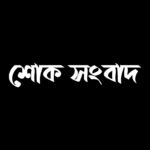
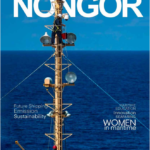
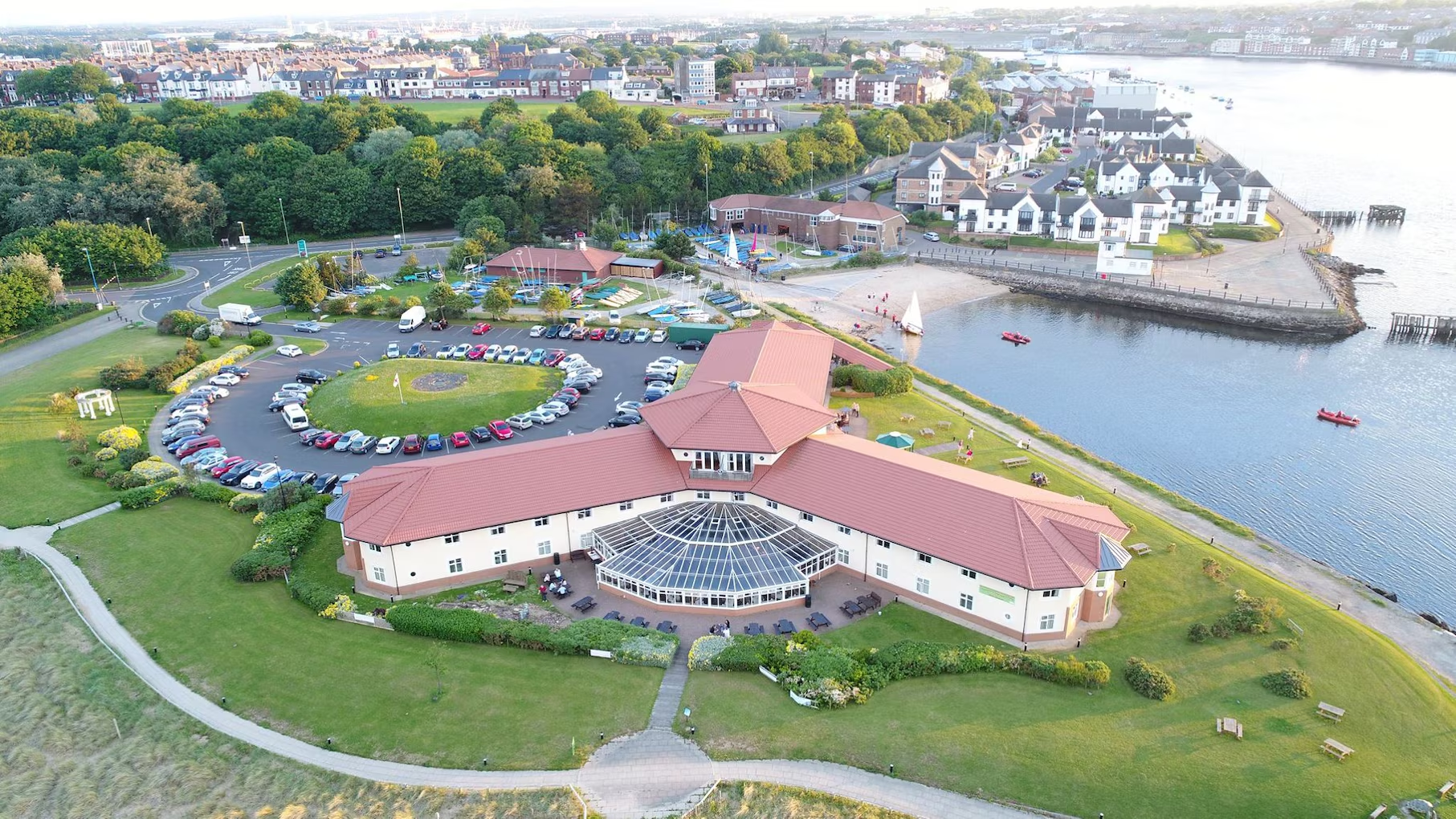
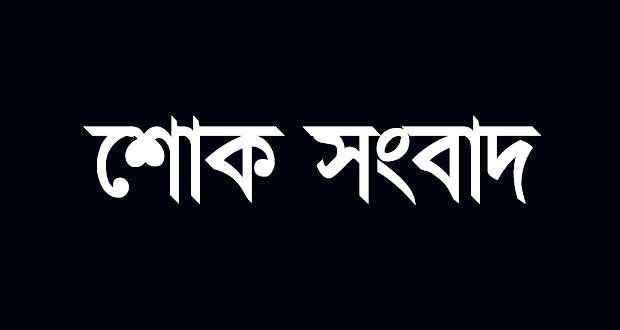




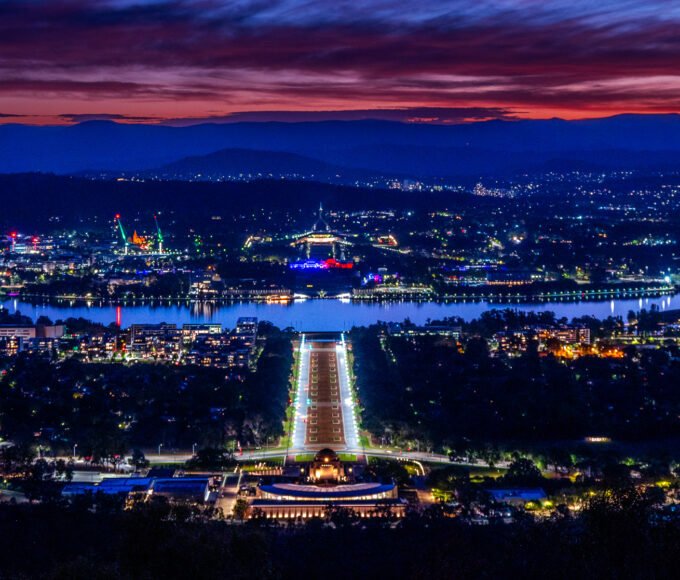

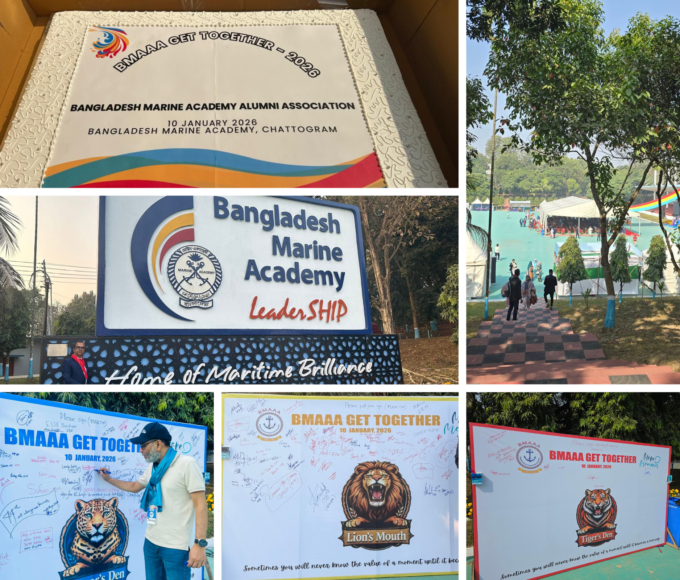




This was a fascinating article. Did you k ow my grandfather ahmed mian Ansari?
He was from one of the first batches of dufferin cadets, later becoming engineering superindent of mohmadi steam shipping company. He was an officer on al Ahmedi, the first ship to enter post partition Pakistan.